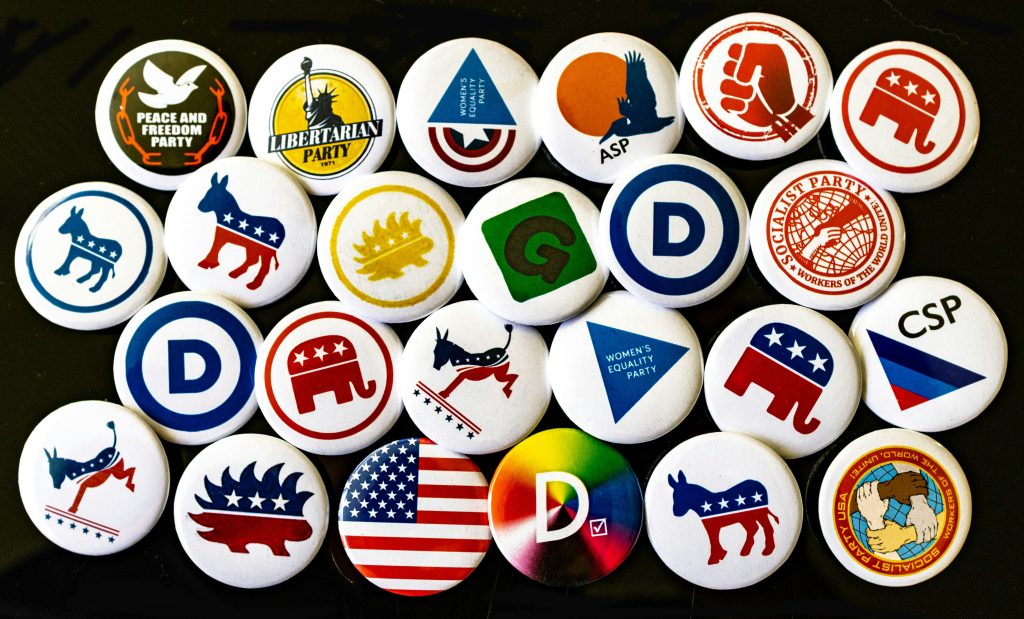In a poignant display of familial love and pride, Tim Walz’s acceptance of the Democratic vice presidential nomination took an emotional turn as his son, Gus, captured the hearts of viewers across the nation. While the elder Walz delivered his speech without explicitly addressing disability, the presence of his 17-year-old son, who has a nonverbal learning disorder, highlighted a critical conversation about the challenges faced by millions of children with similar conditions.
As Tim Walz stood before the audience at the Democratic National Convention, the unbreakable bond between father and son became an unexpected focal point. Gus, struggling with a nonverbal learning disorder, represented not just himself but also the nearly three million North American children grappling with this learning disability. This moment resonated deeply, as it underscored the need for advocacy and understanding towards individuals who navigate life differently.
The convention, which is often marked by political rhetoric, transformed into a platform for vulnerability and connection, as Walz’s speech became a backdrop for a father-son moment that many viewers found relatable and inspiring. The display of support from the audience as Gus beamed with pride was a testament to the power of love in overcoming adversity. It evoked a sense of hope among families of children with disabilities, who often feel unheard in the political discourse.
Despite the absence of specific mention of disability in his speech, the implications for advocacy were clear. The question loomed large: if the Harris-Walz ticket were to succeed, would there finally be a strong voice for parents of children who are different in the White House? This moment could signify a turning point where the struggles of families with children who have learning disabilities are brought to the forefront of political conversation.
While the convention aimed to showcase political agendas, it inadvertently highlighted the importance of emotional connection and advocacy for marginalized groups. Critics and supporters alike noted the significance of this familial moment, sparking discussions around the visibility of disabilities in political platforms. The emotional depth displayed by both Tim and Gus Walz challenged the often impersonal nature of political events, reminding viewers that behind every policy discussion are real lives and real challenges.
The event also attracted controversy, as some figures in the media faced backlash for their insensitive remarks regarding Gus’s behavior. This reaction illuminated the ongoing societal stigma surrounding learning disabilities, emphasizing the need for greater awareness and understanding. As the conversation around the Walz family continues, it is crucial for advocates to harness this moment to foster dialogue about the experiences of those with learning disorders and to push for policies that support their needs.
In conclusion, the Democratic National Convention served not only as a platform for political aspirations but also as a poignant reminder of the human stories that underpin these aspirations. The Walz family’s experience echoed the struggles of countless families across the nation, emphasizing the necessity for advocacy, understanding, and love. As the nation reflects on the implications of this moment, it is hoped that it will lead to a future where the voices of children with disabilities are amplified and their needs addressed within the political arena.

